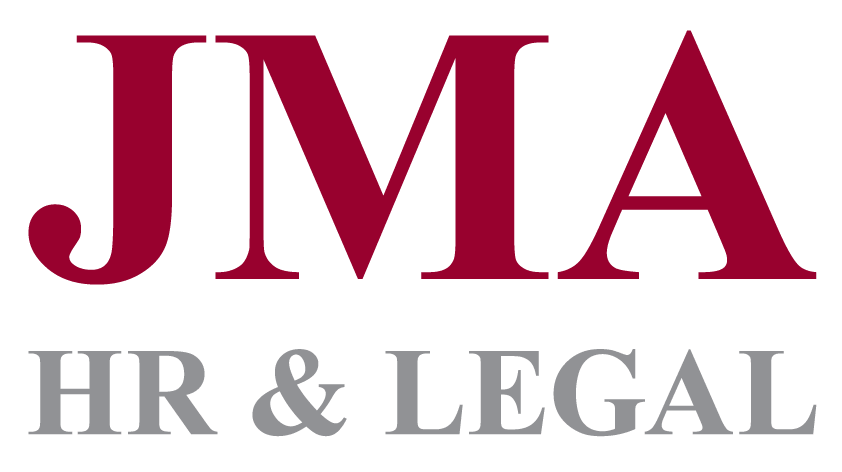The end of free movement and the introduction of the new points-based immigration system– what employers need to know. On 1 January 2021, the new points-based immigration system will come into effect. What does this mean for employers who employ EU-nationals?
EU nationals already living in the UK by 31 December 2020 will not be affected by the new immigration system. They are able to continue their residence in the UK, provided they register for settled or pre-settled status by 30 June 2021.
After the 1 January 2021, although EU nationals will continue to be able to travel to the UK for holidays or short trips without needing a visa, those who seek to work in the UK will need to apply for and be issued with a visa under the points-based immigration system.
Highly skilled workers will be able to apply under the Global Talent visa route, which requires an endorsement from a relevant competent body. If successful, they will be able to enter the UK without a job offer. This route is for the exceptionally talented, likely to be met by a small minority.
The majority of workers are likely to fall under the Skilled Workers route. This requires a job offer from an approved UK employer in order to be granted the appropriate visa. The job offer will need to confirm that their role is at the required skill level and meets the minimum salary applicable.
To secure an “approved” status, employers will need to apply for and be granted a sponsor licence. Once granted the licence will remain valid for four years and can be used to sponsor any number of non-UK employees subject to meeting the criteria for each individual sponsorship.
The application for a sponsor licence attracts fees, payable during the original application as well as at the renewal stage every four years. Apart from these, other fees arise during each individual sponsorship, which include the Immigration Skills Charge, Immigration Health Surcharge as well as visa processing fees.
There is no doubt that the end of free movement will have a significant impact on businesses who rely on workers from the EU. The new points-based immigration system will not only involve incurring significant amount of costs but will require planning in advance as the process to apply for a sponsor licence as well as each individual visa application takes a considerable amount of time. The processing time for a sponsor licence application is around eight weeks from submission. This does not take into account the time required to prepare the application, which could be long depending on the availability of the core documentation businesses need to produce in support of their application. After the grant of a sponsor licence, each subsequent sponsorship of workers will also require a processing time of its own.
This could have a significant impact on projects and other deadlines businesses may have. In particular, single management structured, multi-national businesses with a presence in the UK and the EU, will need to plan carefully to avoid significant delays in sending managers and executives to work in the UK as per existing practices.
To minimise any significant disruptions, businesses need to review their work force as well as their internal policies and forthcoming projects to prepare for the changes.
Employers should prompt their existing EU national workers to register for their settled and pre-settled status before the deadline, if they have not already.
During the current pandemic induced economic slowdown, recruitment may not be high on the agenda for many employers. However, the benefits of bringing forward planned recruitments to avoid the December 2020 deadline are real. So too are the benefits of applying for a sponsor licence now, to enable EU national workers to start their UK employment as soon after 1 January 2021 as possible.
To discuss further how best you can prepare for the above changes or if you have any questions on the new points-based immigration system, please contact us.
E: enquiries@jma-hrlegal.co.uk / T: +44 (0)1252 821792













Recent Comments